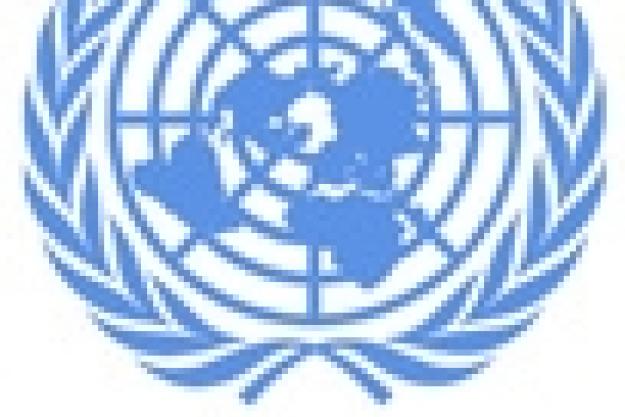
The Director–General of the Organisation for the Prohibition of Chemical Weapons, Ambassador Rogelio Pfirter, addressed the First Committee of the United Nations General Assembly on 7 October 2004.
In his statement, Ambassador Pfirter provided an overview of the progress made by the OPCW in the implementation of the Chemical Weapons Convention (CWC). The Director-General noted that “the verification regime set out in the Convention is the most complex and ambitious in the history of multilateral disarmament. We inspect former chemical weapons production facilities as well as destruction and storage facilities, but we also monitor the chemical industry, in a gigantic effort that demands a skilled and well trained inspection force, and of course the close and active collaboration of the chemical industry around the globe. All these factors converge in the successful delivery of our unique programme of disarmament, non-proliferation and international cooperation”.
Ambassador Pfirter also drew the attention of the First Committee to the progress made in the implementation of the two action plans on national implementation and universality adopted at the 8th Session of the Conference of the States Parties in October 2003. He noted that this progress had been possible because of the close cooperation between the Member States and the Technical Secretariat of the OPCW in achieving the objectives of the respective action plans.
The Director-General commended the Libyan Arab Jamahiriya’s accession to the CWC. He also recalled with appreciation, the recent statement of the interim Iraqi Government expressing its political commitment to the Convention as well as its intention to prepare the ground for early accession to the Convention once an elected government takes office. Ambassador Pfirter stressed that adherence to the Convention by States not Party in areas of the world fraught with tension would be seen a significant confidence-building measure, bringing closer the goal of universal adherence to the Convention.
On the OPCW’s relationship with the United Nations, the Director-General referred to the contribution made by the OPCW to the work of the UN Counter-Terrorism Committee. He reiterated the OPCW’s commitment to cooperate with the UN in the implementation of relevant resolutions dealing with counter terrorism. Ambassador Pfirter also confirmed the OPCW’s readiness to provide technical assistance and advice that are required by the UN Security Council Committee established pursuant to Resolution 1540 (2004). With regard to the on-going cooperation, the Director-General expressed the intention to build even closer links with the UN and its specialised agencies and the regional organisations of the UN to work for international peace and security through disarmament.
48/2004
